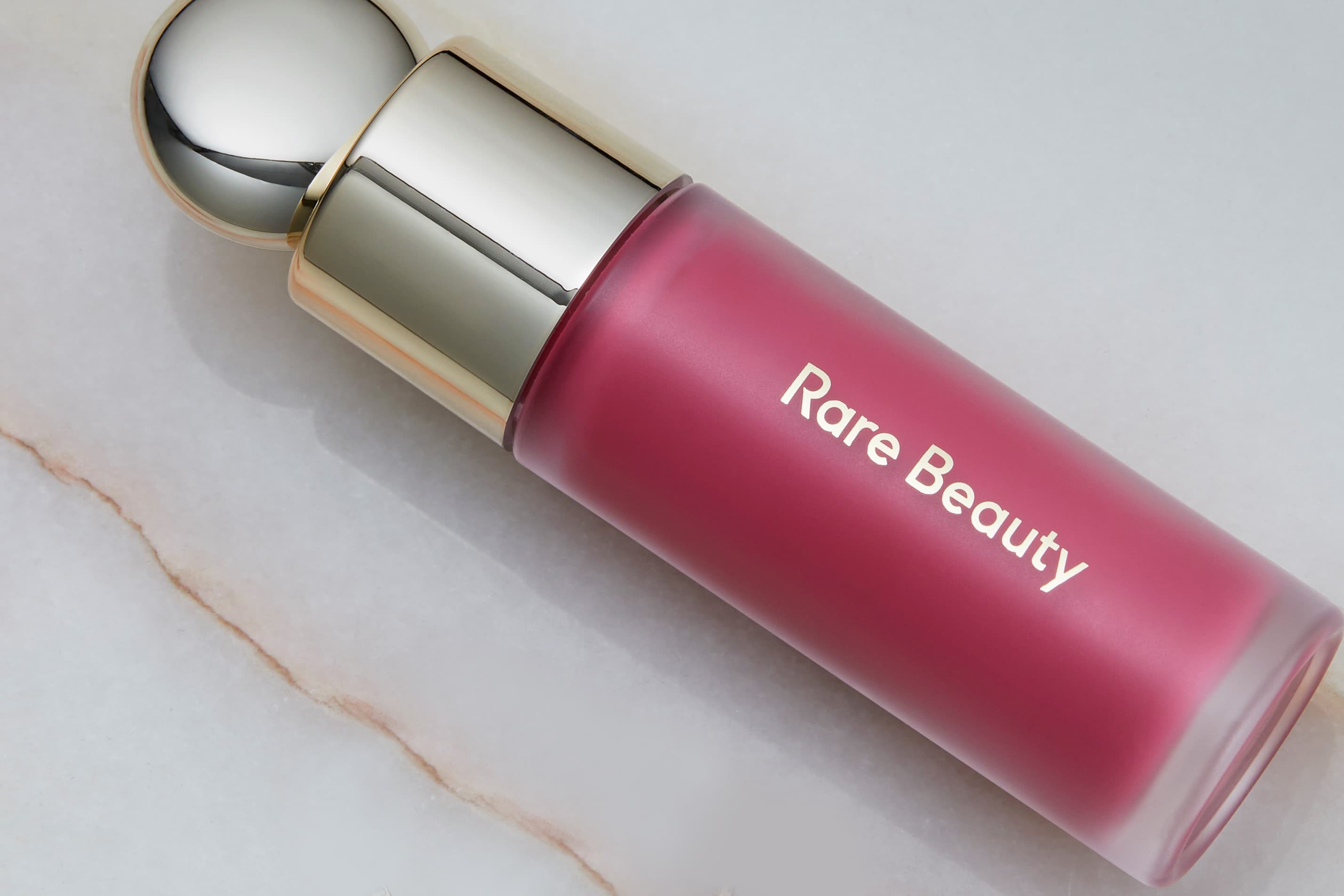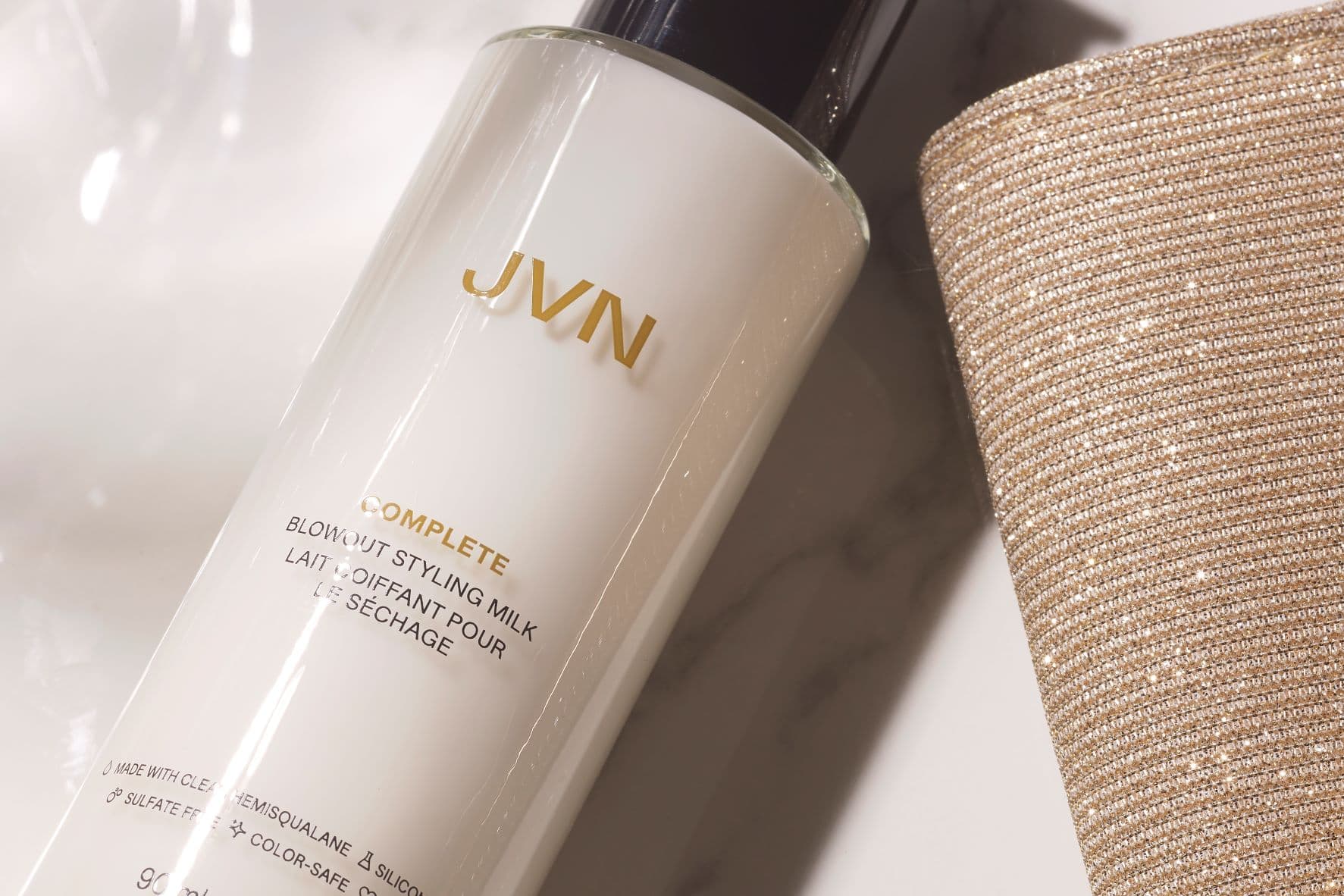Dija Ayodele Answers The Most Common Skincare Questions

On top of running a successful clinic, Dija has also shared her knowledge in a must-read book, Black Skin: The Definitive Skincare Guide. We caught up with her to ask our most fervent questions regarding skincare. From how to reduce puffiness around your eyes to whether store bought moisturisers can really get rid of cellulite, think of this as your personal skincare index.
Acne is an inflammatory condition of the skin ranging from blackheads and whiteheads to cystic lesions. There are a variety of treatments available, including prescription medication like Isotretinoin from dermatologist for extreme conditions to incorporating retinoids into your skincare routine. Some people are naturally prone to acne, so it can't be prevented, however, maintaining an effective daily skincare routine, including salicylic acid to decongest your pores and remove oil, opting for lightweight non-comedogenic serums and moisturisers, using retinoids help exfoliate and regulate oil production will all help. Holding a cold spoon over each eye for a few minutes can do the trick because the cold will tighten blood vessels. A gentle eye massage using circular movements around the eye will also help. Caffeine is a great ingredient to look for in skincare products as it is anti-inflammatory, helps to constrict blood vessels and stimulates blood circulation which helps to refresh the eyes. No, it won’t. Cellulite is a structural concern of the skin affecting the fat cells. Some creams can help improve the appearance, but they cannot get rid of cellulite. Start with gentle exfoliation using either a low-level acid with lactic acid or an enzyme cleanse to remove old skin cells from the surface of the skin. These act as a barrier preventing products from penetrating the skin. Include a hyaluronic acid in your routine prior to moisturiser as this will provide extra hydration as well as plump your skin. Moisturisers rich in ingredients like ceramides, peptides and glycerin are also key to adequately nourishing your skin. In the winter, using a humidifier helps to keep the air round you moist and prevents dehydration. There’s a whole chapter in my book, but ingredients like alpha arbutin, kojic acid, liquorice extract and vitamin C are handy to prevent and fade dark marks, especially on black skin as it has larger and more active melanin cells which more prone to pigmentation concerns. Dark spots are caused when the skin suffers injury, inflammation or sun damage which results in extra melanin being produced. One of the easiest ways to prevent this is to use a minimum SPF30 UVA/UVB sunscreen every day, as well as products that include the ingredients I mentioned above. A nightly retinoid will also help as it will speed up cell turnover, enabling the skin to shed excess pigmented cells. In-clinic treatments such as chemical peels also do a lot of the heavy lifting for discoloured skin. Oily skin is caused by excess oil production from the sebaceous glands that live deep within the skin and help to keep your skin supple and lubricated. Excess oil can be maintained with a good skincare routine. Using an exfoliating and decongesting cleanser containing salicylic acid, keeping your skin adequately moisturised to prevent dehydration (which can conversely force the skin to produce more oil), and using retinoids to regulate oil production over time can all help. It can be tempting to over-cleanse in a bid to remove oil, but try not to as this will strip your skin and force it to produce more oil to balance itself. If you’re also concerned about your pores, focus on a good decongesting routine for your skin, including a salicylic acid product to help reduce oil which sits in the pores making them appear larger and wider. Including a retinoid is also a good shout as this helps to regulate oil production in the skin. Retinol is a type of vitamin A. It is a stimulating ingredient and helps to speed up exfoliation, plump collagen, and hyaluronic acid, regulate oil and fade discolouration. Using small amounts from your mid 20s onwards is great for keeping your skin on its best behaviour. Start gradually using it a few times a week and slowly build up your frequency of use and the strength of your retinol if necessary. Slow and steady is essential to avoid irritation. UVA rays which are responsible for ageing the skin are year-round, so it’s important to protect the skin every day to prevent the problems of: sun damage, fine lines, wrinkles, roughed texture and discolouration. Want to learn more? Explore Dija's debut book,
. Find out more about Dija and explore the professional treatments she offers in her clinic by visiting www.westroomaesthetic.com. How Can I Get Rid Of Acne?
How Can I Reduce Puffy Eyes?
Will A Moisturiser Get Rid Of Cellulite?
How Can I Hydrate My Dry Skin?
How Can I Treat Hyperpigmentation and Dark Spots?
Is It Possible To Regulate Oil Production?
What Is Retinol & When Should I Use It?
Why Is SPF So Important?




